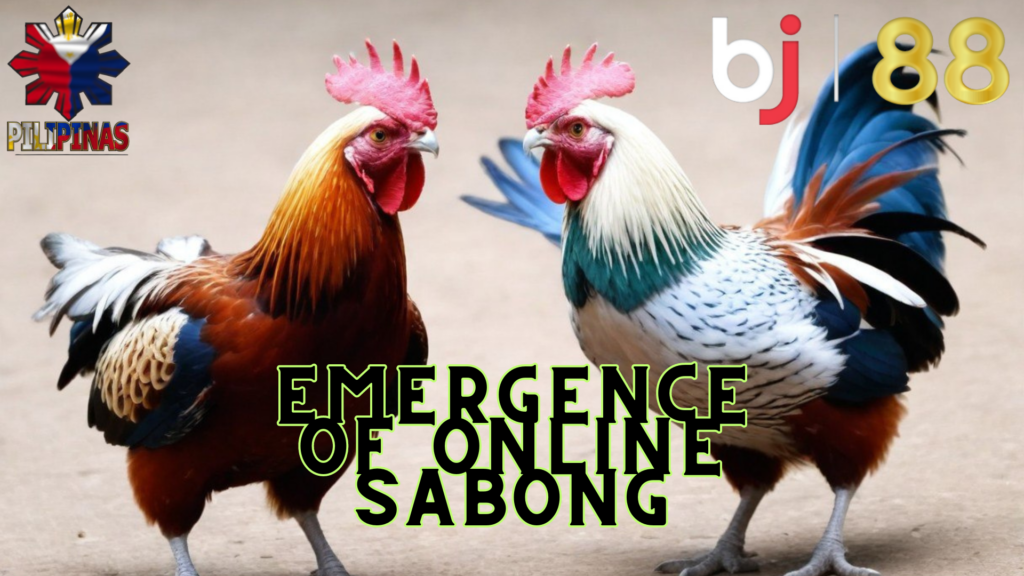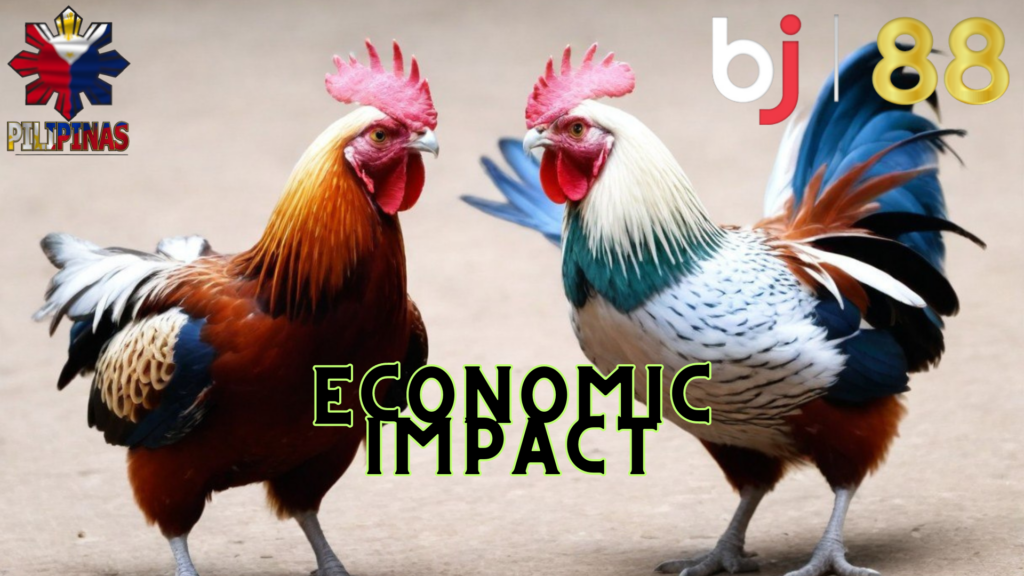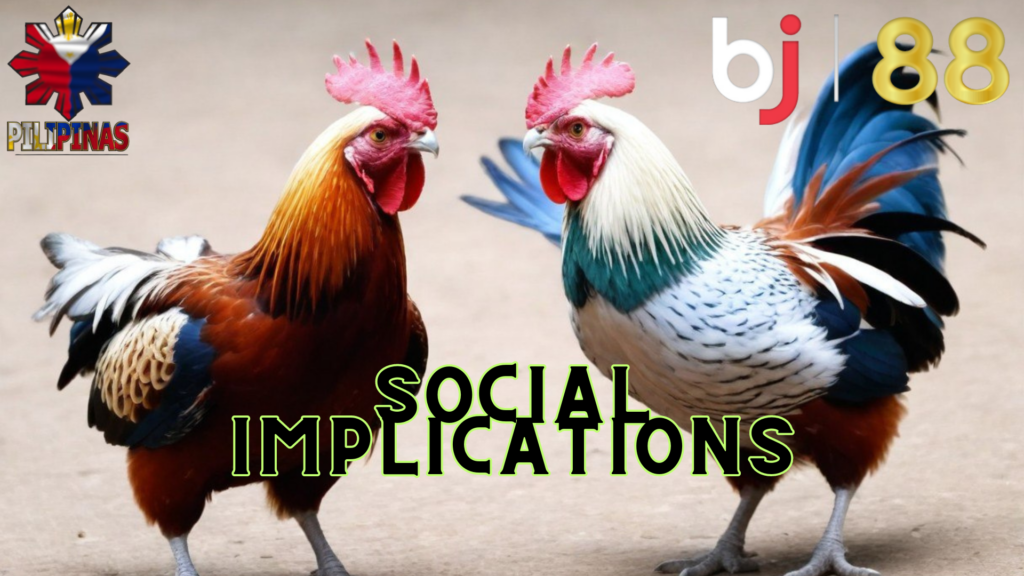Online sabong, or online cockfighting, has seen a dramatic rise in popularity in the Philippines over recent years. This traditional blood sport, deeply rooted in Filipino culture, has found a new platform in the digital age. While it has provided economic benefits and a novel form of entertainment, it also poses significant ethical and legal challenges.

Cockfighting, known locally as “sabong,” has been part of Filipino culture for centuries. Traditionally, it involves two roosters fighting until one is incapacitated or killed, with spectators betting on the outcome. This practice is not merely a pastime but a deeply embedded cultural event, often associated with fiestas and other significant social gatherings.

The digital transformation of sabong began in earnest in the late 2010s, driven by advancements in streaming technology and increased internet penetration in the Philippines. Online platforms began to broadcast live cockfights, allowing bettors to participate remotely. This transition was accelerated by the COVID-19 pandemic, which restricted public gatherings and forced many traditional arenas to close. Online sabong offered an alternative, keeping the tradition alive while adapting to new social realities.

Online sabong has become a lucrative industry, generating significant revenue. The convenience of online betting has attracted a broader audience, including overseas Filipino workers (OFWs) who can now participate from abroad. The industry provides jobs, from breeders and handlers to IT professionals and customer service representatives. Additionally, it contributes to government coffers through taxes and regulatory fees.

The legal status of online sabong is complex and often contentious. While traditional cockfighting is legal and regulated under specific conditions in the Philippines, online sabong exists in a more ambiguous space. The Philippine Amusement and Gaming Corporation (PAGCOR) has granted licenses to certain operators, but the industry is still largely underregulated. This has raised concerns about fair play, addiction, and the potential for exploitation.

The shift to online platforms has not quelled the ethical debates surrounding sabong. Animal rights activists argue that the sport is inherently cruel and should be banned, regardless of its form. The visibility and accessibility of online sabong have intensified these debates, as graphic content is more easily disseminated and viewed.

Online sabong has also had significant social implications. The ease of access has led to concerns about gambling addiction, particularly among younger and more tech-savvy populations. Stories of financial ruin due to irresponsible betting are not uncommon. Moreover, the anonymity of online platforms can facilitate illegal activities, such as money laundering and underage gambling.
Conclusion
Online sabong represents a fascinating intersection of tradition and technology in the Philippines. While it has revitalized a centuries-old practice and provided economic benefits, it also poses serious ethical, legal, and social challenges. Striking a balance between preserving cultural heritage and addressing modern concerns is essential for the sustainable development of this controversial industry. As the debate continues, the future of online sabong will depend on comprehensive regulation and a societal consensus on its role in Filipino culture.

